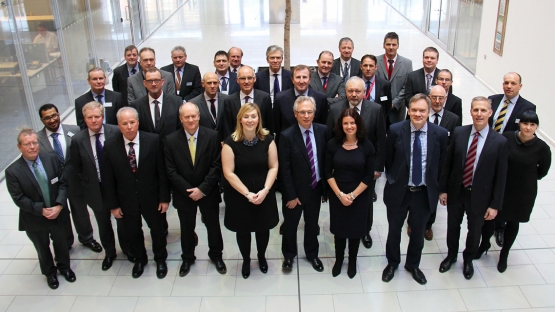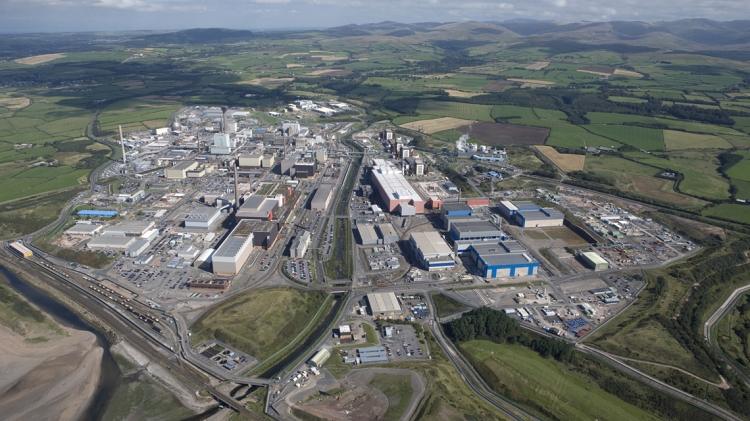In October 2011, an IAEA team of international nuclear security experts conducted an International Physical Protection Service mission (IPPAS) to the United Kingdom. They visited the Sellafield civil nuclear site, as well as Barrow Port, which is used for the transport of nuclear material. The IAEA conducted a follow-up mission in February 2016.
IPPAS missions provide advice on how to improve the effectiveness of a State’s physical protection regime, either nationally or at facility level. They do so by comparing it with relevant international legal instruments, guidelines and best practices, particularly the 2005 Amendment to the Convention on the Physical Protection of Nuclear Material and the IAEA Nuclear Security Series guidance publications.
“The missions have been valuable in allowing the UK to draw upon the expertise of the IAEA and other Member States in a range of disciplines across nuclear security,” said Robin Grimes, Chief Scientific Adviser to the Foreign and Commonwealth Office. “They have identified areas of good security practice that the UK can share with others.”
The 2011 mission team included experts from seven IAEA Member States — Canada, France, Germany, the Netherlands, Slovenia, Sweden and the United States of America — as well as from the IAEA Secretariat. They had extensive experience in various areas of nuclear security, including legislative and regulatory practices, physical protection, transport security, security culture, policing and contingency planning. They performed a national level review of the legal and regulatory framework, as well as a review of the security measures and procedures in place to execute this framework at facilities and during transport.
“The mission underlined the importance of nuclear security, including security culture, for the nuclear industry and promoted discussion of this issue within the industry,” Grimes said, adding that IPPAS missions were “one of a number of ways in which the British Government demonstrated to the public its commitment to nuclear security.”
The follow-up mission reviewed the actions taken in response to the 2011 mission’s recommendations and provided further advice.
“The follow-up mission also aimed at evaluating the current status of the UK’s physical protection regime of nuclear material and nuclear facilities, as well as its implementation at Heysham nuclear power station,” said Arvydas Stadalnikas, Senior Nuclear Security Officer at the IAEA. The mission sought to provide further advice to enhance the UK’s nuclear security regime, as well as identify good practices that could be beneficial to other Member States, he added.





